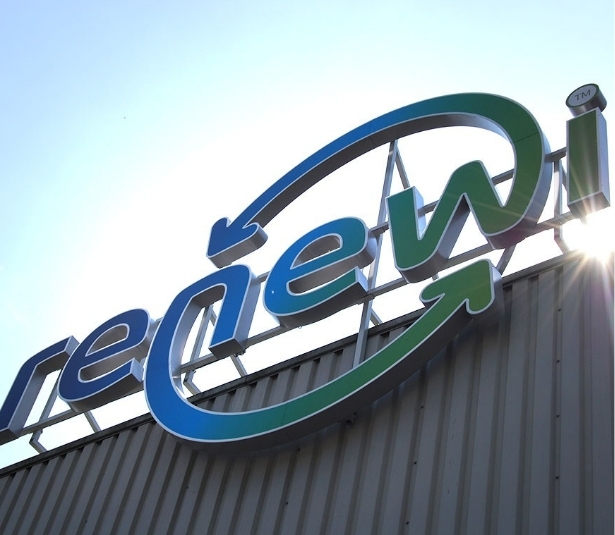Investors
Renewi plc is a leading European recycling company operating primarily in the Benelux region. We are listed on both London Stock Exchange and Euronext Amsterdam.


Why Renewi?
Who we are
Renewi transforms waste into high-quality materials. We’re listed on both the London Stock Exchange and Euronext Amsterdam and operate 150 facilities across the Netherlands and Belgium. Our leading expertise and innovative solutions place us at the heart of the circular economy, helping businesses achieve their circular ambitions while driving carbon emissions avoidance.
Our vision and strategy
Our vision is to be the leading waste-to-product company in Europe. To achieve this, we focus on establishing ourselves as leaders in recycling and secondary materials production, while strategically expanding our market share. Our primary objective is to facilitate the transition to a circular economy, thereby reducing carbon emissions while fostering social responsibility. Our strategic plan aims to grow profitability, accelerate cash conversion and deliver attractive returns to our shareholders.

What differentiates Renewi?
Renewi’s Vision
- Leader in recycling
- Extend industry leading position to 75% recycling
- Divert more volumes from incineration
- Develop new recycling technologies and partnerships
Leader in low carbon secondary materials production
- Invest in advanced technology to produce high quality low carbon secondary materials replacing virgin sources
- Develop partnerships with leading companies
- Invest in advanced treatment capacity
- Offer superior customer propositions
- Consolidate market position over time





